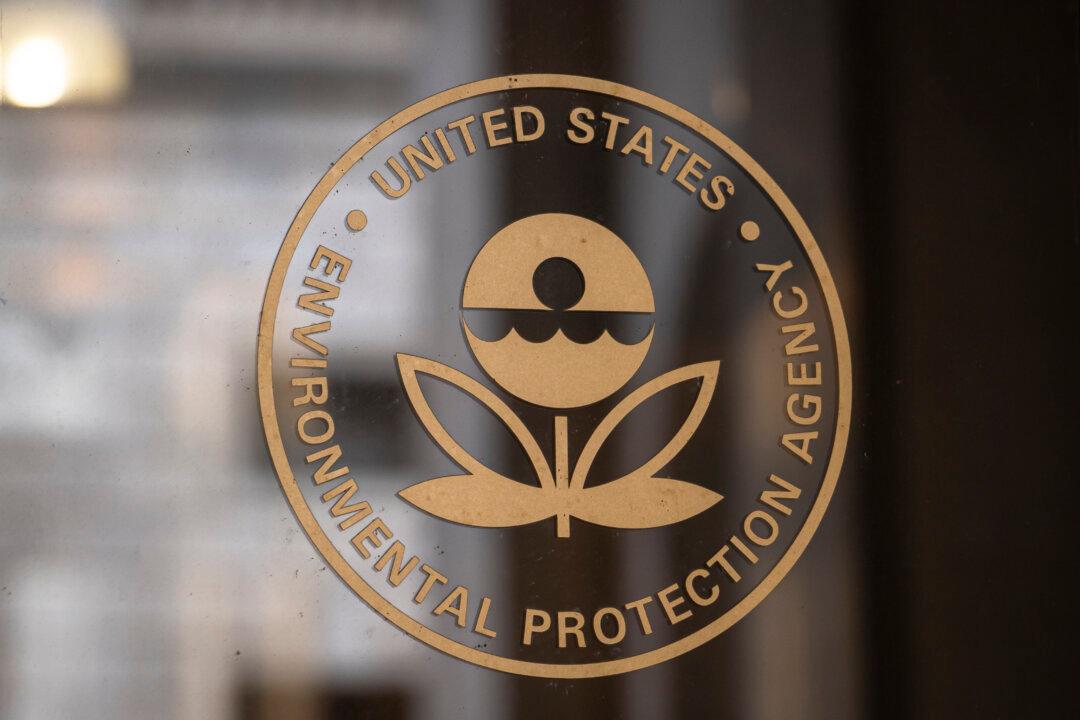Waste management company U.S. Ecology Nevada (USEN) will pay a civil penalty of $185,429 to settle claims of hazardous waste and polychlorinated biphenyl (PCB) violations at its facility south of Beatty, Nevada, according to a July 17 press release from the U.S. Environmental Protection Agency (EPA).
The EPA claimed that USEN violated two federal environmental laws: the Toxic Substances Control Act (TSCA) and the Resource Conservation and Recovery Act (RCRA).




